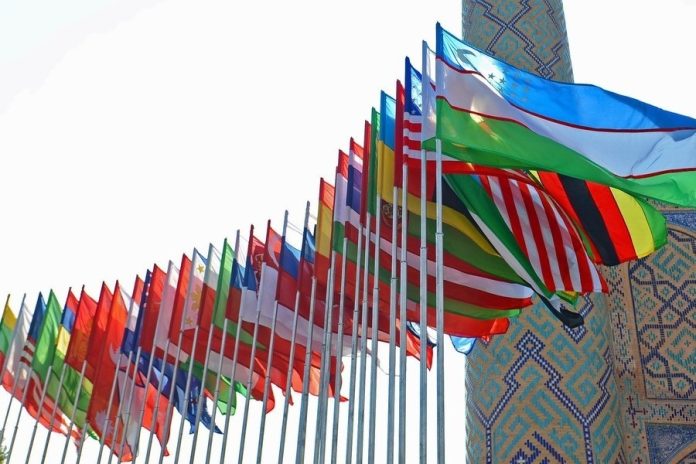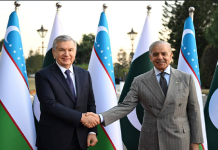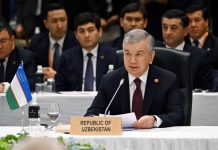By Bazarova Vazira
Uzbekistan continues its strategic course towards deepening regional cooperation and simplifying interactions with its closest neighbors. On November 20, during an address to the Legislative Chamber of the Oliy Majlis, President Shavkat Mirziyoyev announced plans to implement ID-based border crossing procedures with Kazakhstan and Tajikistan. This initiative follows the successful introduction of a similar system with Kyrgyzstan on September 1, allowing citizens of both countries to cross the border using only ID cards instead of international passports.
In his speech, the President also emphasized the need to update the country’s Foreign Policy Concept. The new version will prioritize deepening cooperation with Central Asian states, ensuring regional security and stability, and expanding partnerships with international organizations and financial institutions. These efforts aim to create a unified economic and cultural space, which is particularly vital given global challenges such as economic instability and security threats.
Special attention will be paid to strengthening trade and economic relations. Kazakhstan and Tajikistan are already among Uzbekistan’s key trade partners. The President noted that the introduction of simplified border crossing procedures will create favorable conditions for boosting trade. In 2023, trade turnover with Kazakhstan exceeded $4,4 billion, while trade with Tajikistan amounted $756 million.
Mirziyoyev also announced plans to host a meeting of the “Central Asian Five” in 2025, which will serve as a significant platform for addressing regional challenges and coordinating joint efforts. This event is expected to be another step toward the formation of a common market in Central Asia, enabling the free movement of goods, capital, and labor, thus opening new opportunities for all participants.
Historically, Uzbekistan has been a leader in initiatives aimed at strengthening ties among Central Asian countries. Simplifying border crossings is not just an economic measure but also a step towards building trust and mutual understanding. The country’s modern foreign policy reflects Tashkent’s aspiration to serve as a driving force for regional cooperation and stability.
Thus, Uzbekistan is actively fostering Central Asian integration while setting the tone for a new regional agenda, where trade development, strengthened security, and cultural interaction go hand in hand.
(Journalism and Mass Communications University of Uzbekistan)






